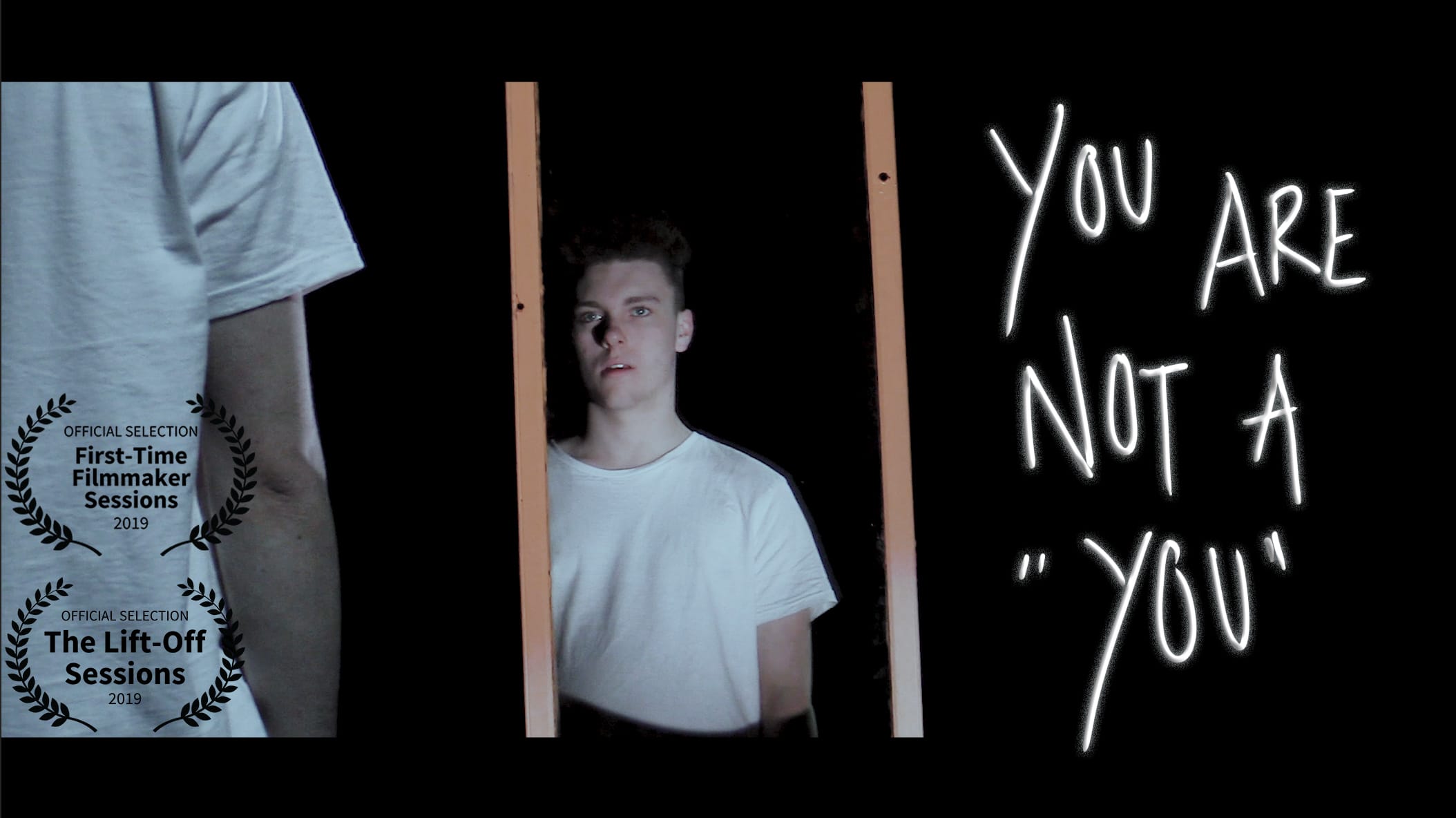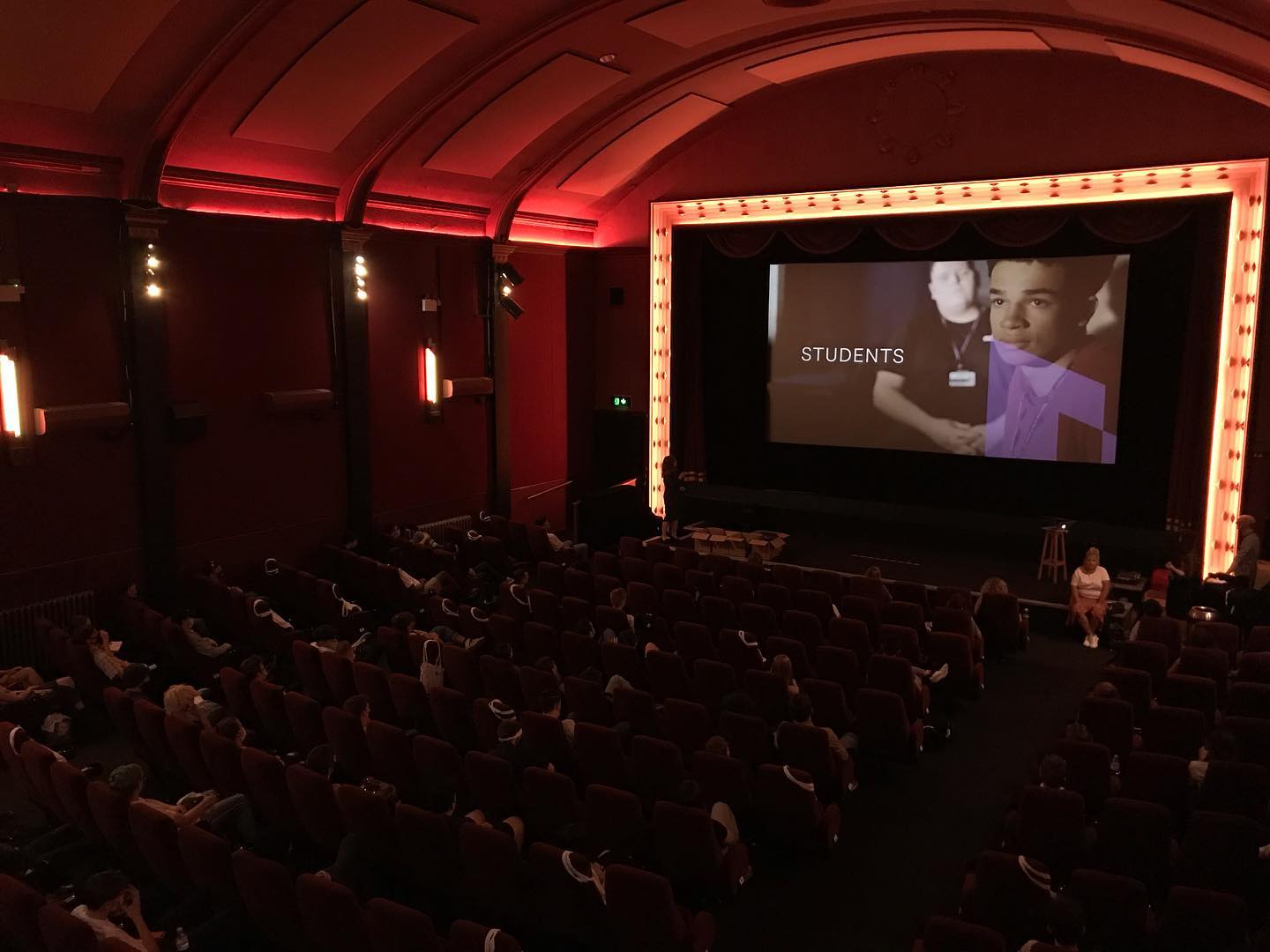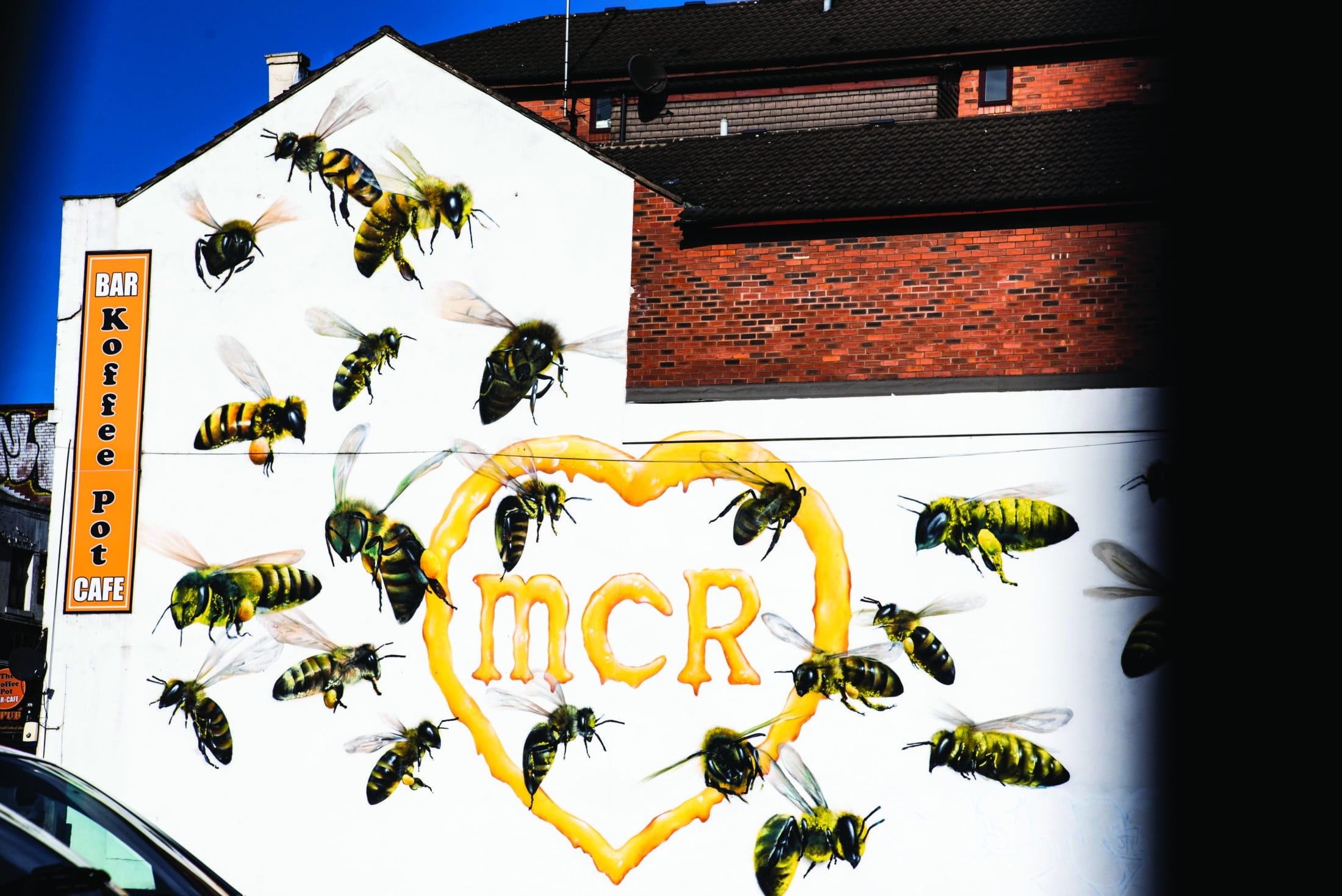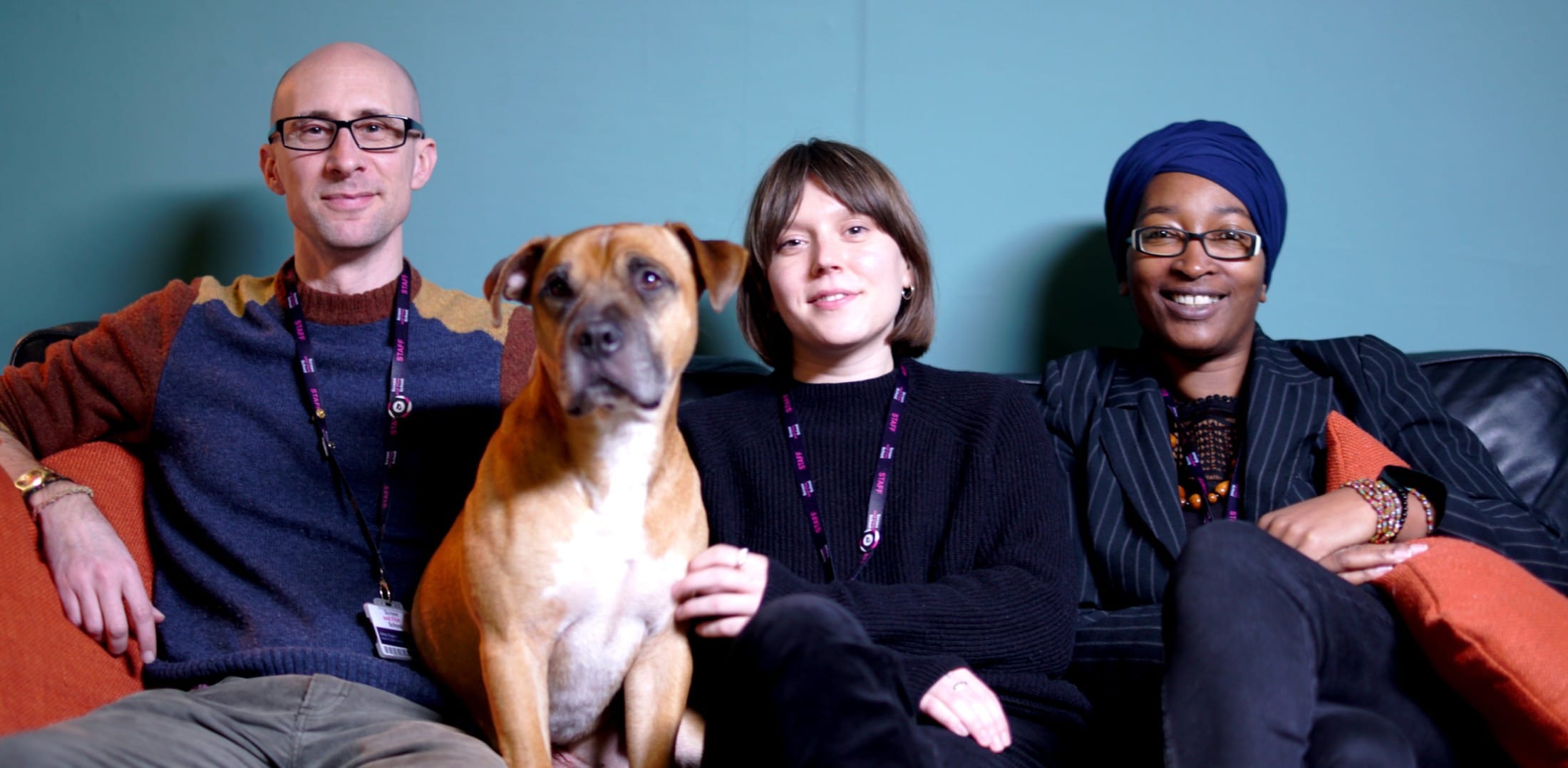At Screen and Film School we love watching our students and graduates working on projects they’re passionate about.
To mark the beginning of Eating Disorders Awareness Week 2020, we caught up with Brighton first year BA Hons Film Production student, Lucy Rollinson-Payne, to discuss the making of her first short film, ‘You Are Not A ‘You’, and the importance of highlighting such a complex and stigmatised mental illness.
Exploring the inner struggles of eating disorder recovery, You Are Not A ‘You’ sheds a light on the process of recovery and the stigma around male mental health. We follow 19-year-old character, Josh, and hear his internal monologue through the process of recovery.
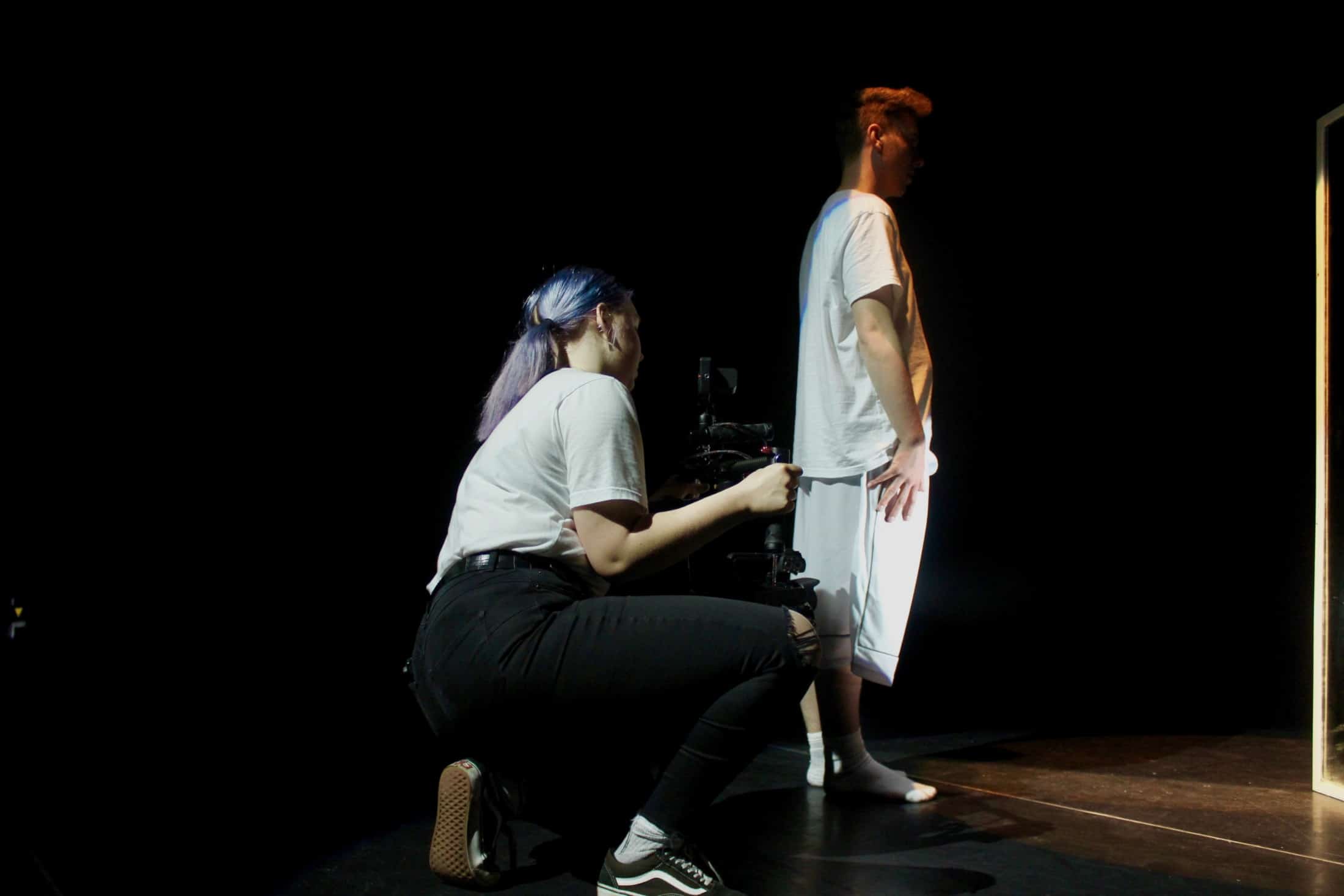
Tell us a bit about You Are Not A You
The film was my final college piece for my media production course. A lot of the time the media just talk about the main time period whilst you’re unwell and in the middle of it- and neglect to show difficulties of the recovery period. I wanted to put my own personal touch on it and thought it was really important to talk about the recovery process- not just of eating disorders but of any disorder, addiction, or illness.
I wanted to focus on a male character because the male perspectives of eating disorders are often ignored- it’s exactly the same as anyone else going through it but the stigma around male mental health can stop their voices from being heard.
What’s the meaning behind the name of the film?
Eating disorders often are portrayed in the media as being their own ‘person’ and that can often blur the lines between the person who’s unwell and the illness. That’s where the line You Are Not A You came from- the eating disorder is an illness, something that can go away. It’s taking the power away from the eating disorder and saying to it: you’re not important enough to be personified, you can go away and you’re not who I am.
How did you approach the filmmaking process?
I thought it was really important to hear a lot of different stories and experiences about eating disorders, so research was a huge part of the initial process- I wrote about 25000 words of research which really helped shape the film. It helped me get an idea of other people’s stories, which meant that I knew the script I was writing wasn’t just for me and about my experiences- it was about and for other people too.
The filming took two days- one day in a studio and one day on location. I wanted the studio shots to be isolating and to show how trapped and isolated the character was. I felt that it was really good juxtaposition with the shots we then filmed outside and in my house.
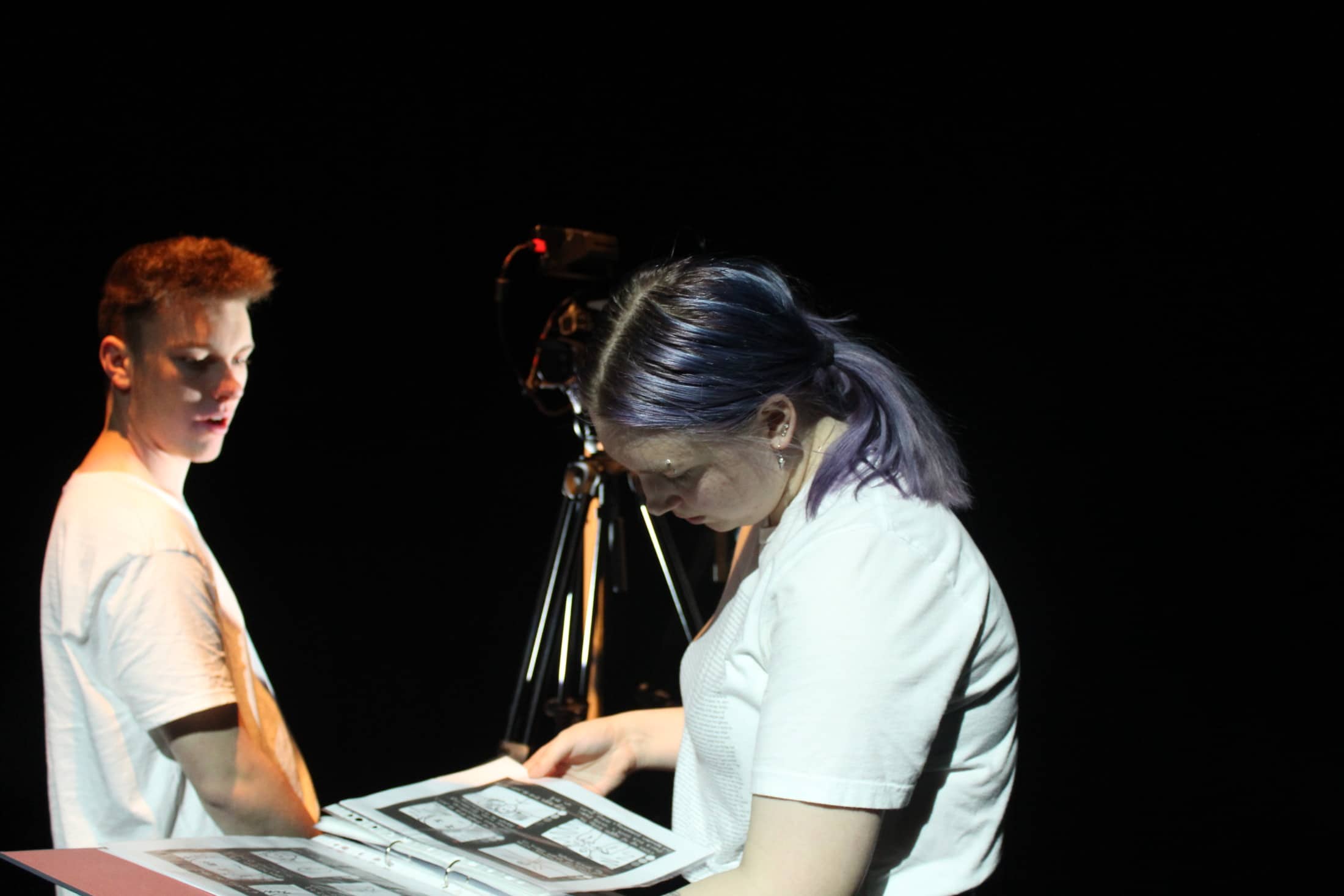
Top tip for making your first film:
“Don’t overthink things too much. Take your first idea and run with it for a while and see if anything comes of it- that first idea has come to you for a reason. Have fun with it and enjoy the process of making it!”
Has the film been successful on the film festival circuit?
I’d never put anything into a festival before, but I thought it would be good to get some experience of it before university, even if nothing came out of it. It was selected to participate in the First-Time Filmmaker Sessions and The Lift-Off Sessions– being in the same competition as professional filmmakers and graduates, and having my name next to theirs on the promotional posters was amazing.
What’s next for you in terms of filmmaking?
I’m currently working on a music video for a Brighton-based band as the director. I’m also starting work on a new short film- I’d love to do something equally as hard hitting as You Are Not A You, but it would also be great to branch out and do something a bit different to what I’ve done before and experiment with other genres.
What would your advice be to applicants considering Screen And Film School?
Put yourself out there when it comes to filmmaking or anything within that realm. If you’re passionate about it- do it! Put the time and effort in and people will see your passion.
If you’re struggling with an eating disorder, remember that you don’t have to go through it alone.
Beat- the UK’s eating disorder charity- provide helplines for adults and young people offering support and information about eating disorders. These helplines are free to call from all phones.
